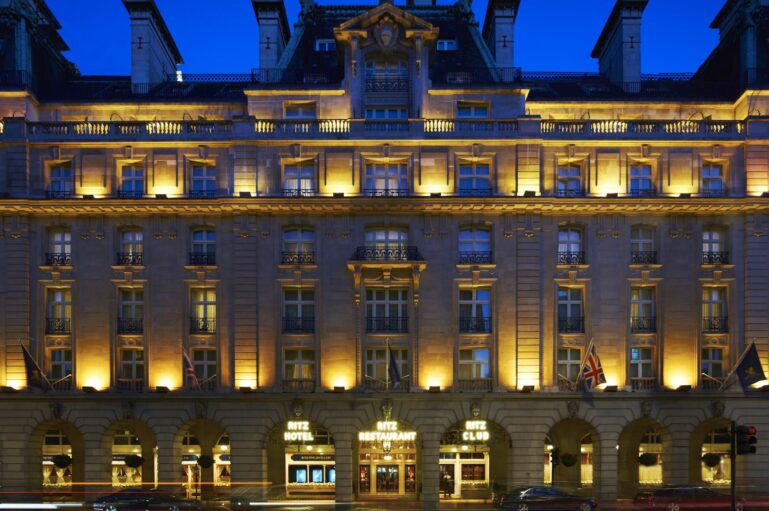“Nothing great and durable has ever been produced with ease. Labour is the parent of all the lasting monuments of the world, whether in verse or in stone, in poetry or in pyramids” (Thomas Moore)
Quality has an appealing feel, whether it comes in the form of a well-built car, a delicious meal, a tailored suit, a finely tuned team at work, or a precise musical performance. Quality is about striving to do your best every day. There is a price attached to building reputation – not necessarily or only in money, but also in effort, energy applied purposefully, persistence and attention to detail. Amelia Earhart (American Magazine) notes: “Whether you are flying the Atlantic, selling sausages, building a skyscraper, driving a truck, or painting a picture, your greatest power comes from the fact that you want tremendously to do that very thing well. And a thing well done usually works out for the benefit of others as well as yourself. This applies to sport, business, friendship”.
George Kent, in Everyday Greatness (Reader’s Digest), relates the story of Cesar Ritz, the great hotelier:
“Cesar Ritz was born in the Swiss mountain village of Niederwald and went to work at sixteen in a hotel dining room in the nearby town of Brieg. A few months later he was discharged. ‘In the hotel business,’ commented his employer, ‘you need an aptitude – a flair. You haven’t a trace of it.’ Ritz got another job as a waiter and again he was booted out. He went to Paris, where he got, and lost, two more jobs. His career really began with the fifth job in a chic little restaurant near the Madeleine where he climbed from bus boy to waiter and finally to manager and then partner. To any other young fellow, this might have been a wonderful opportunity, but Ritz knew now what he wanted: the world of great names, of epicurean feasts.
Rolling up his aprons, he walked down the street to the number one restaurant of the day, Voisin’s, and went to work as an assistant waiter, once more at the bottom. He watched and learned – how to press a duck and carve a roast; how to decant a Burgundy; how to serve food in a way that pleased the eye as well as the palate.
For Ritz, no detail was too picayune, no enterprise too large if it meant the happiness of a guest. ‘People like to be served,’ Ritz used to say, ‘but invisibly’. The rules he formulated are the four commandments of a good hotelkeeper today: to see all without looking; to hear all without listening; to be attentive without being servile; to anticipate without being presumptuous. If a guest complained of the size of the bill he smiled genially, took it away and forgot to bring it back. If the diner did not like the meat or the wine, it was whisked from the table. Ritz had a prodigious memory. He remembered who liked a certain brand of Turkish cigarettes, who had a passion for chutney – and when they arrived, these things were waiting for them.
In 1892, Ritz went to London to take over the financially tottering Hotel Savoy. The public responded and the hotel was out of the red in an astonishingly short time. When his time at the Savoy ended, he returned to Paris and realised a dream he had relished for years: he established, in the Place VendUme, the grandest of all Ritz hotels. To discourage idlers, he planned a small lobby. To encourage conversation over tea of coffee, he designed a garden. Wanting cleanliness, he painted the walls instead of papering them because paint could be washed. For the design of the furniture, he went to Versailles and Fontainebleau. The colour scheme he borrowed from a painting by Van Dyck. An innovation was the number of rooms equipped with private baths. On the day of opening people streamed through the corridors as through a museum, largely to inspect the bathrooms.
The success of the Ritz of Paris was never in doubt. At the turn of the century, Ritz built and opened the Carlton Hotel in London and a few years later came the hotel in Piccadilly which bears his name. Even today, years after his death, the hotels and services attached to Cesar Ritz’s name set the standard for quality.”
Quality is built every day. Reputation does not come overnight. Reputation is grown gradually as in the case of Ritz as he attended to the lighting, music, staging, temperature, cleanliness, and aroma – thereby creating an ambiance that attracted guests with high standards. To this day, people the world over continue to expect nothing but quality when they hear the name Ritz.










